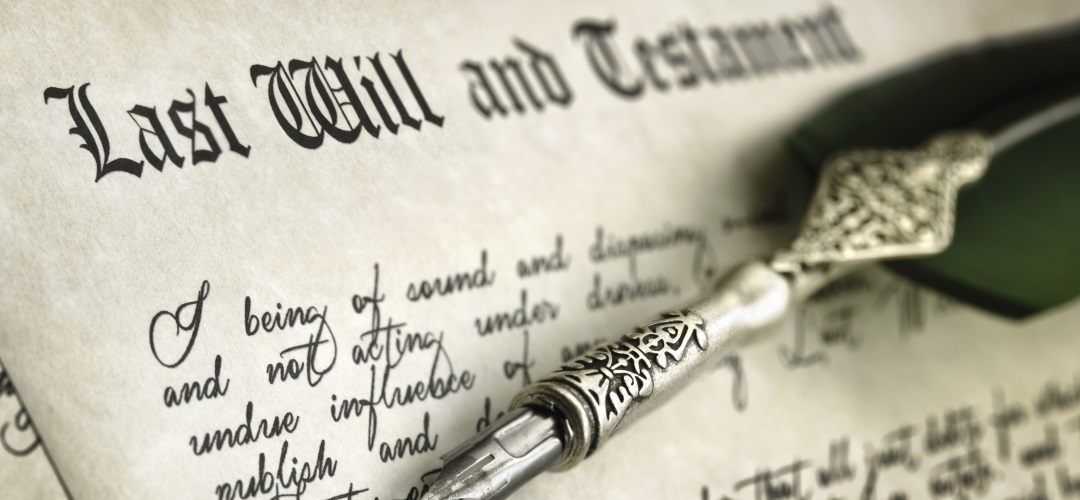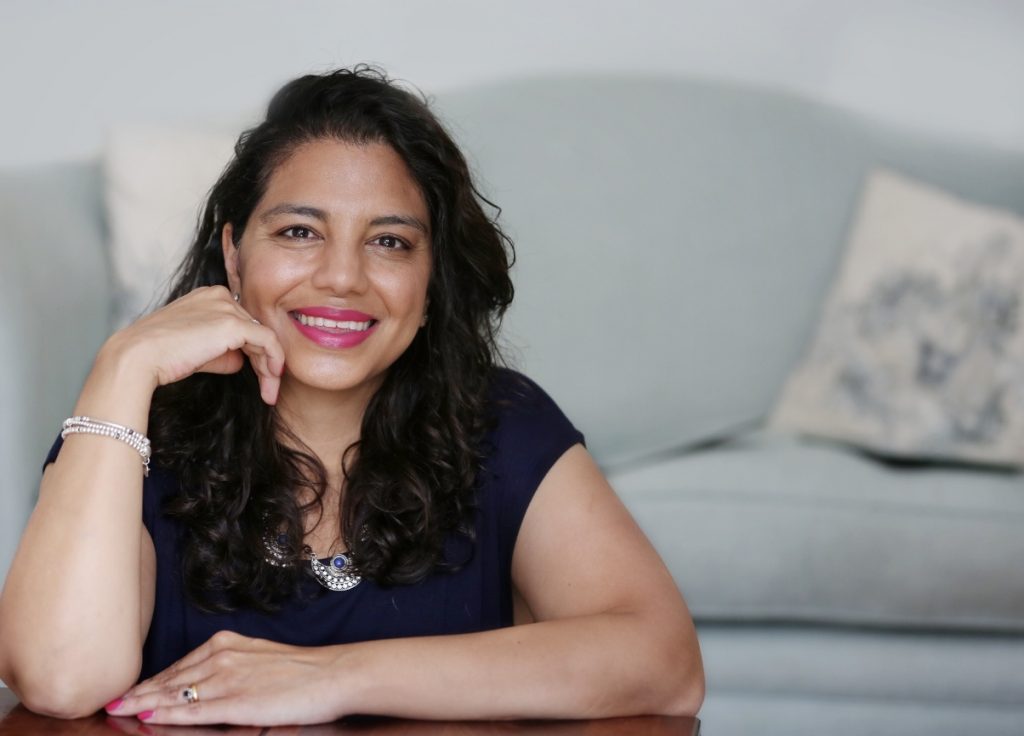
In my 16+ years as a practising solicitor, I drafted Wills almost every day. That’s a lot of practice at Will writing – so it’s second nature to me. I get that it’s not the same for you though. I get that the prospect of writing a Will is a scary and/or difficult one. But believe me – there’s nothing to fear. For most people and for most circumstances it’s a simple process.
What follows is the lowdown on some common Will features. Read this blog then, when you do come to getting your Will written, it won’t feel like you’re stepping into an abyss.
BACK TO BASICS: WHAT IS A WILL?
Before we talk about executors and guardians and all such things let’s first of all define what a Will is. Investopedia.com a Last Will and Testament defines a Will as ‘a legal document that communicates a person’s final wishes pertaining to possessions and dependents…’ In other words, it’s a set of instructions to persons (the executors) named by you about how you want them to divvy up your assets.
EXECUTORS – WHO ARE THEY AND WHAT DO THEY DO?
Executors are the people who will have the legal responsibility to manage your estate and carry out the instructions in your Will. An important job. So how do you choose an executor?
Well, if you are a couple, the most common thing to do first is to appoint each other as executors. Simple, right? But, when the second one of you dies who’ll be your executor then? If you’ve got grown up children you could then appoint them to be your executors.
Executors could also be other family members, a trusted friend or even a solicitor – although they will charge for doing it.
It obviously helps if the executors get on. But I can advise you on various options and I always get a detailed background from you in respect of your family. That way together we can decide on the most appropriate people to appoint.
NB: Your executors can also be beneficiaries of your Will.
GUARDIANS – ARRGH! HOW DO WE DECIDE?
I have to say that this can create some lively discussions! It’s always advisable to appoint guardians in your Will if you have children under the age of 18.
It’s the function of the guardians to take legal responsibility for raising your children in the event of your untimely death.
I say this creates lively discussions because it’s an important decision and one that can raise the spectre of family politics and divisions. It’s often the sticking point for many couples and I’m not denying that it requires careful consideration. Yet, as an impartial third party, I can guide you through the options available and help you choose guardians that you are comfortable with.
Do though ask the people concerned first. It’s imperative that they’re willing to take on the responsibility of caring for your children.
FUNERAL WISHES: DO IT YOUR WAY
This one is dead simple – if you’ll pardon the pun!
I ask people what their inclinations/wishes are for disposing of their body after their death. If you don’t like to think about this sort of thing then you don’t have to put this in the Will. Bear in mind though, it’s helpful and comforting for your relatives to know that they’re carrying out your wishes.
I ask people to put all these details in a letter, called a Letter of Wishes, that they keep with the Wills.
BENEFICIARIES – WHO GETS WHAT AND HOW MUCH OF IT?
This is the big decision! Who will inherit your worldly possessions and your cold, hard cash? There are two main ways of making bequests in your Will:
1. LEGACIES – You can give people a cash legacy or give them a specific item. I’ll have the Ming Vase please!
2. DIVIDING UP THE ENTIRE ESTATE – You think of everything you own as, say, 100 percent and decide what percentage will go to whom e.g. 50 percent to your son and 50 percent to your daughter.
Some people leave legacies and then divide the rest of the estate up. But, more often than not, a husband and wife will simply leave everything to each other. And then, when they both die, everything gets divided equally between their children.
TRUSTS – NOW YOU’VE LOST ME!
Okay. I won’t lie. Trusts are often complicated and sometimes they need to be. So, a helpful person like me, with lots of relevant expertise and knowledge comes in handy. I can advise you on whether you need a trust and, if so, what sort of trust best fits your requirements.
INHERITANCE TAX – WILL I HAVE TO PAY IT?
In April 2017 the government put new inheritance tax laws in place. Now everyone has a Nil Rate Band (NRB) of £325,000.
What that means is this:
If your assets are below this figure you do NOT have to worry about inheritance tax.
If you own a house that you’ll be leaving to a direct descendant (e.g. a child), you also have another £150,000 that will be free of inheritance tax.
If you’re married and leave everything to each other, when you both die, there could be a total of £950,000 that will be inheritance tax free – and this is set to increase in April 2020 to £1 million.
Of course, it’s not as simple as it sounds but that’s where I can advise you on your specific circumstances and whether inheritance tax will be an issue for you.
YOU’RE IN GOOD HANDS SO DON’T DELAY IT ANY LONGER
I’m more than happy to have a chat with you before you commit to anything if you simply want some guidance and clarity.
Once you’ve decided to go ahead, I’ll guide you through the process step-by-step. I’ll do all the hard work for you and draft the Wills and then I’ll meet you again to make sure you’ve signed the Will correctly. And I’m only a phone call or email away if you’ve any questions or concerns.
So, please don’t delay in getting one in place. Make 2019 the year you write your Will.
After all – where there’s a will there’s a way!

